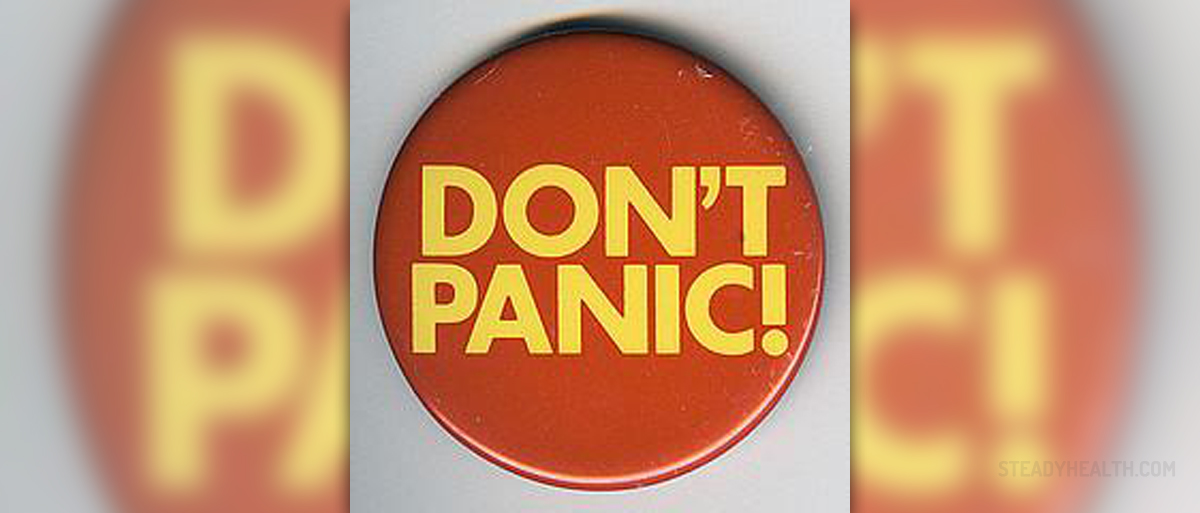
Panic attacks are very unpleasant and sudden episodes of intense fear. In most of the cases, panic attacks last for only a couple of minutes, reaching their peak within ten minutes. However, a panic attack may sometimes last for a couple of hours, before it gradually goes away. Sufferers most commonly report this feeling as the most unpleasant experience they ever had. Most of them describe this fear, as if they were having a heart attack or a nervous breakdown. It is especially frightening when it happens for the first time, and most of the people who experience it may call for emergency services, being afraid of death.
Signs and symptoms of panic attack
People suffering from panic attack usually feel faint or nauseated. They may have a numb sensation throughout the body, difficulties breathing, and feeling as if they are losing control of themselves. In many cases, these persons will suffer from a tunnel vision and almost impulsive urge to leave the place where the attack began. The most common symptoms include shortness of breath, feeling of choking, heart palpitations, tightness of the chest, hot and cold flashes, burning sensation, sweating, vertigo, light-headedness, tingling sensation, feeling of derealization and hyperventilation (increased breathing rate).
Prevention of panic attack
The most important thing for prevention of panic attacks is to avoid triggers. For some people, extreme stress or different phobias may cause panic attacks. For example, the exposure to a phobic object or situation may trigger the unpleasant symptoms of anxiety attack.
People willing to control their panic attacks should also avoid taking excessive alcohol or caffeinated drinks, since these substances may affect the way human sympathetic nervous system work. However, it is important to avoid withdrawal syndrome or rebound effect, when quitting on these substances. Alcohol withdrawal, as well as withdrawal from certain medications, is known to cause effects of anxiety attack.
Some people may start experiencing panic attacks as a result of hyperventilation. Hyperventilation is actually over breathing in which the person exhales excess carbon dioxide in relation to the amount of oxygen in one's bloodstream. This syndrome is associated with shallow chest breathing and mouth breathing and may cause symptoms like increased heart beat dizziness, and light-headedness. To prevent hyperventilation, one should do the breathing exercises, or try breathing into the paper bag, on the onset of panic attack.
However, it is important to understand that there is no sure way to prevent panic attack from happening again. Treatment and deep understanding of the problem may help to cope with panic attacks.


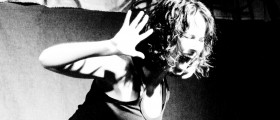


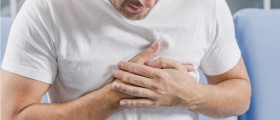
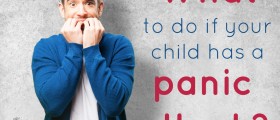




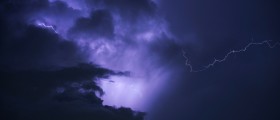





Your thoughts on this
Loading...